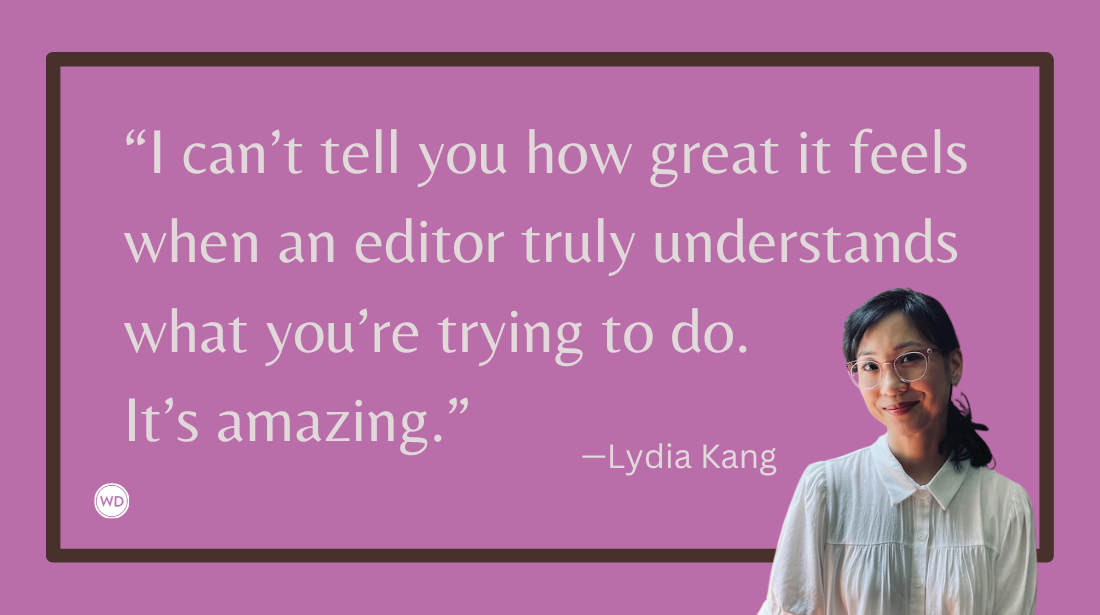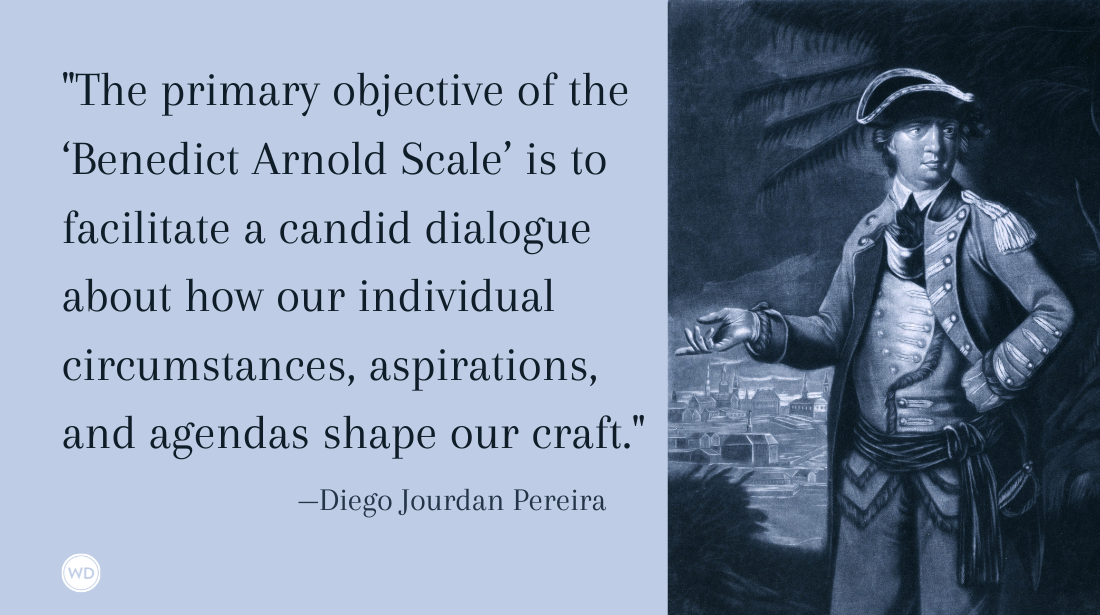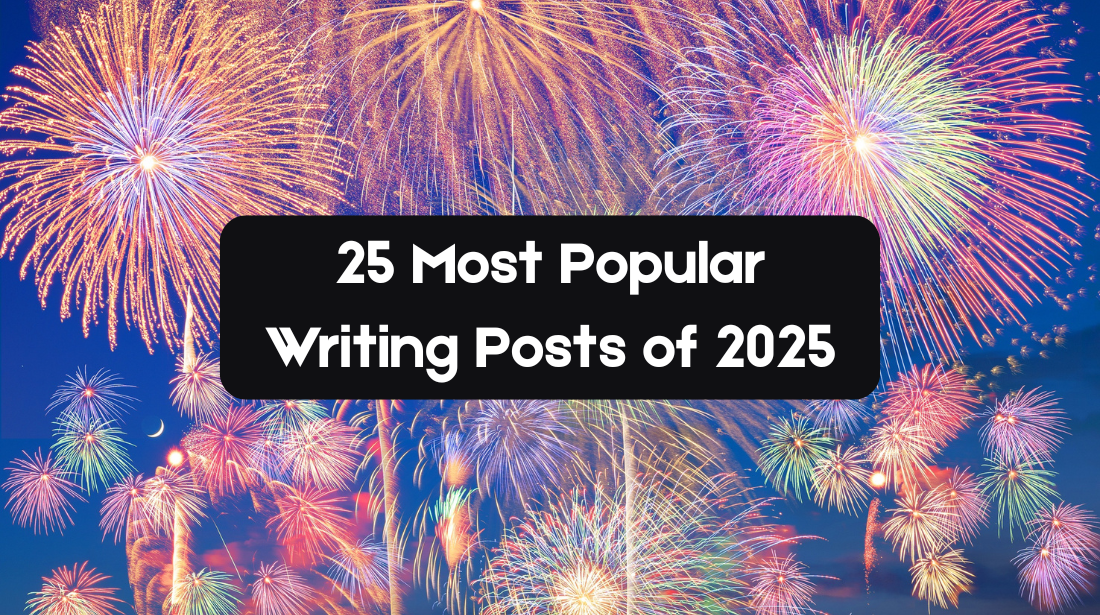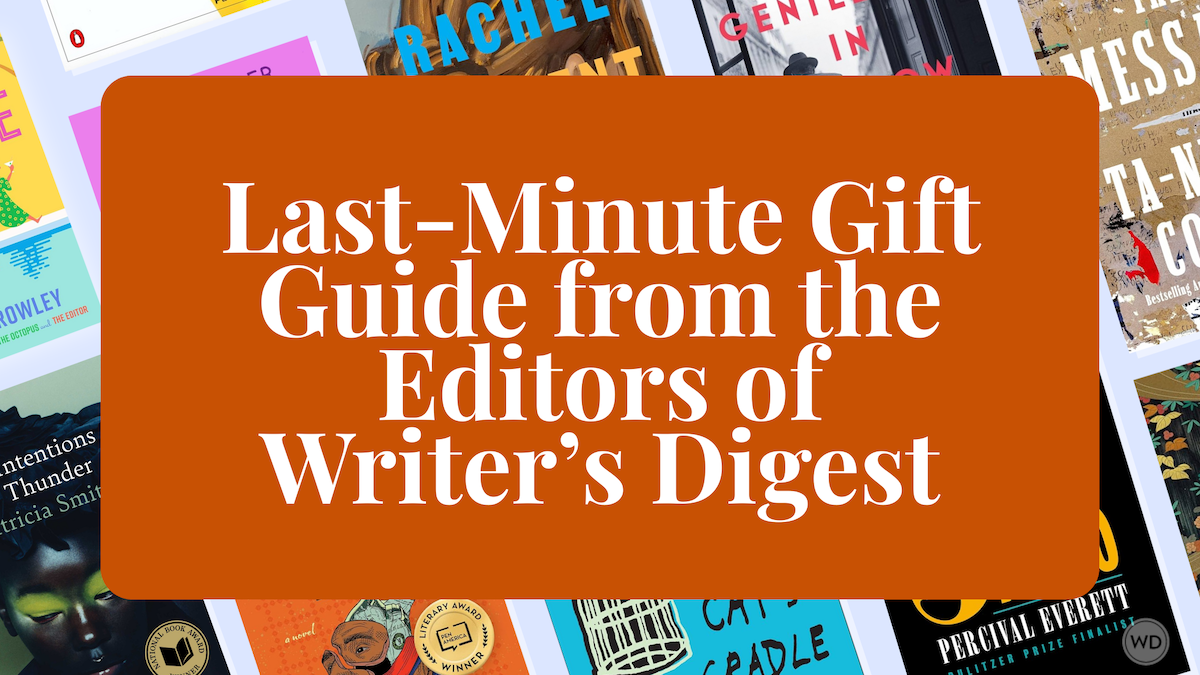Make Your Writing Time Matter
Who hasn’t daydreamed about what we could produce if only we had more time? More time to write; more time to feel inspired; more time to read; more time to…
Who hasn’t daydreamed about what we could produce if only we had more time? More time to write; more time to feel inspired; more time to read; more time to devote to all those things-besides-writing that writers these days are expected to do (platform building, anyone?). There’s no question that time is the most coveted, most valuable resource of the writing life—and that a lack thereof is the most common excuse offered up by writers at every level.
Whether our writing time consists of stolen minutes scattered throughout a day consumed with work, family and other obligations, or of suitably long stretches that we just can’t manage to keep focused, we never seem to have enough of it. The key, then, is for us to stop wishing we had more time to write and instead start finding ways to make the most of whatever time we’ve got. That’s where the September 2012 issue of Writer’s Digest comes in, hot off the press on newsstands everywhere and at The Writer’s Digest Shop.
As a new mom with a full-time job editing WD magazine and with writing ambitions of my own, I really enjoyed putting this issue together—in fact, I can honestly say it’s the guide I wish I’d had for my own reference from the start.
Here are 3 of my favorite ways our latest issue can help you make the most of your writing time.
1. Pamela Redmond Satran’s feature “7 Steps to Successful Juggling” is a refreshingly honest look at how to not only find more time to write, but make every second you do spend writing count. Her article included some epiphanies for me, including this one:
When I’d pretty much given up writing in the face of new motherhood and a full-time job, I had a friend who ran a department at a major corporation by day and wrote magazine columns and humor books by night. He was also married and had a preschool-age child. On a visit to his home one evening, I discovered his magic productivity secret: He could write through anything.
I realized if I wanted to keep writing, I had to learn to write as the bullets fly. Forget about waiting for the quiet hour alone: I was never going to get that again, at least not for a long time. And so rather than stealing writing time in my office, I moved my laptop to the living room. Instead of writing late at night or early in the morning before my child woke up, I started doing it while she was right there. I wrote while I watched the 802nd viewing of Cinderella, while friends visited for coffee, while I bantered with my husband. And somewhere in there, the pages mounted up.
I’ve blogged here before about How to Find, Rather Than Make, Writing Time, but learning to write as the bullets fly is a lesson I’ll be applying to that approach from now on. And that's just one of many wonderful tips Satran (a talented and much-published novelist and nonfiction author herself) offers up in her piece.
2. In “10 Fast Hacks for Fiction Writers,” WD contributing editor Elizabeth Sims offers up quick and clever tips for simplifying your approach to your next story. Here’s one of my favorites:
Paint a scene in two strokes.
• Make one stroke visual. Show something.
• Paint another stroke evoking one of the other four senses: a sound, smell, taste or feel.
For example:
• The rooftop was studded with chimneys. A cold wind whipped in from the harbor.
• She got pregnant that same muggy night. The cracked vinyl of the Buick’s back seat left claw marks on her shoulders, and she remembered the dark smell of the plowed field next to the open road.
Efficient and effective—just like the other 9 approaches Sims offers up in her piece. If that's not a refreshing alternative to an in-depth book or article on how to paint a scene, I don’t know what is!
3. Of course, making your writing time really matter isn’t just about quantity—it’s about quality. And where that’s concerned, I love this advice from this issue’s cover subject, the talented novelist Chris Cleave:
Make sure you’re excited about your work. When you research a story, it should feel like life and death. And when you come to writing it, it should feel like, It will be devastating for me if I don’t make this story as exciting as I know it can be.You should get up every day and think, If I’m not super excited about the 2,000 words I’m going to do today, how can I make it so I am super excited? It should never feel like a chore. If it ever gets boring, the reader can tell. You need to put the pen down and change something, and not come back to the desk until you’re excited about the line or chapter you’re about to write.
Cleave’s new novel, a complex story of an Olympic rivalry called Gold, is a great read perfectly timed to the real-life summer games in London—a marked contrast to the timing of his debut novel's release not so many years ago. “Incendiary was published on the 7th of July, 2005, the day of the London bombings—and it was a story about a terrorist attack on London,” Cleave explains. “What happened is it got taken off sale. It went onto the shelves at 9 in the morning, and it was taken off the shelves at 10:30—it was that quick.”
Cleave’s amazing story of overcoming the crushing setback to find publishing success on his own terms can teach us all a thing or two about not letting anything (least of all, time—or, in Cleave’s case, timing) stand in the way of our dreams. Our interview was one of the most thoughtful, enjoyable conversations I’ve ever had with another writer—and I know his words will stay with me (just as his powerful novels do) for a long time. I hope you'll read our complete WD Interview and find the same will be true for you.
Free Issue Giveaway
These are just three of many smart insights you’ll find in this issue—so if you struggle finding time to write (and honestly, who doesn’t?), you won’t want to miss it. Preview and/or order the full September Writer’s Digest here, find it on your favorite local newsstand, or download the complete issue instantly.
We’re also giving away one free copy! Simply leave a comment below by midnight on Sunday, July 29, telling us what you’d do if you had more writing time in your day. One commenter will be chosen at random to receive a free copy and announced right here on There Are No Rules.
Jessica Strawser
Editor, Writer’s Digest Magazine
Follow me on Twitter: @jessicastrawser
Like what you read from WD online? Subscribe today, so you’ll never miss an issue in print!
Jessica Strawser is editor-at-large for Writer's Digest and former editor-in-chief. She's also the author of several novels, including Not That I Could Tell and Almost Missed You.









